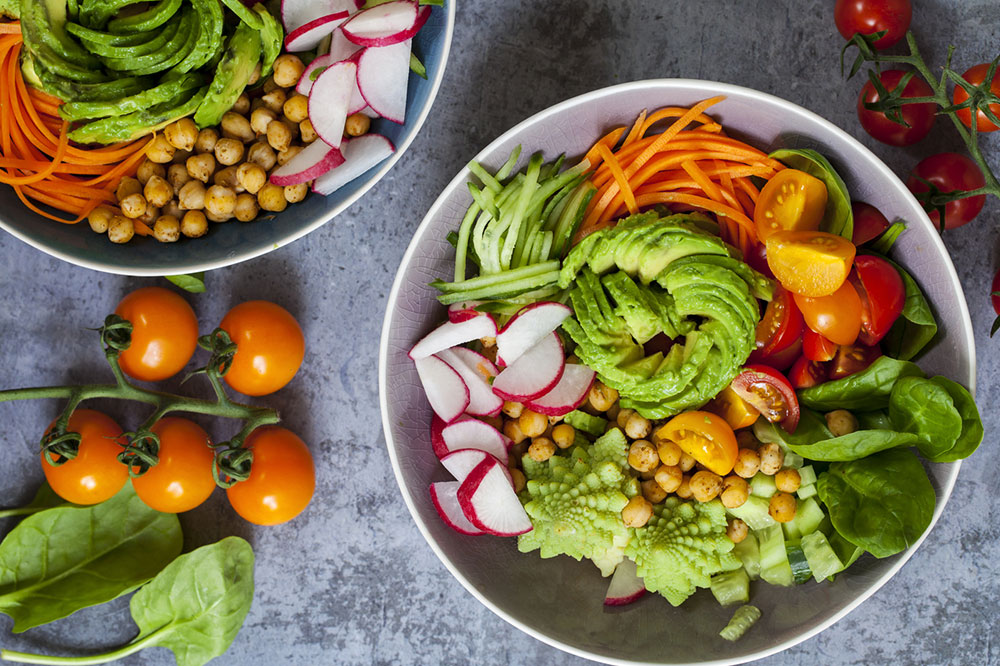
3 Food Groups that Prevent Heartburn and GERD
Gastroesophageal reflux disease or GERD is a chronic condition related to the digestive system. When stomach acids flow in the reverse direction from the stomach back into your esophagus it causes a variety of symptoms. An acrid taste in the mouth, pain in the throat, heartburn, an uncomfortable or painful sensation in the chest area, and sometimes even vomiting. The reverse flow of stomach acids or acid reflux is quite common to many people, but when it happens frequently, many times a week, or especially after you consume certain foods, then it is termed GERD.
Antacids, H2 receptor blockers, proton pump inhibitors, and even surgery (in extreme cases) are some of the ways to treat heartburn and GERD. But apart from these, a few minor modifications in your diet and lifestyle changes might also help in managing or preventing GERD symptoms. And these must, in fact, be your initial line of treatment. Here are 3 types of foods that can help you prevent heartburn and GERD.
- Vegetables
Fiber-rich vegetables like cucumbers, asparagus, green beans, broccoli, roots like carrots, beets, sweet potatoes, and leafy greens like spinach and kale pack in a lot of micro and macronutrients and vitamins. At the same time, these keep constipation at bay and take care of your gut health. They make you feel full quickly and prevent you from over-eating. Eating too much food in one sitting is one of the primary causes of acid reflux.
- Fruits
Watery fruits like watermelon, cantaloupe, and honeydew melon, pome fruits like apples and pears, alkaline fruits like bananas and berries are good sources of vitamins A and C, potassium and magnesium, and fiber. They provide your body with essential nutrients, and the fiber content in these fruits help in the digestive process. They enable the foods you eat to move through the digestive system smoothly, and the natural nutrients in them help prevent acid reflux. You can choose to have a bowl of freshly cut ripe fruits, or could bake or poach them for extra flavor.
- Fermented foods
Fermentation is a process that increases the level of probiotics or good bacteria in some foods. And fermented foods help to naturally increase the level of gastric acid in your stomach. When there are not enough acids to digest the foods you eat it can cause acid reflux because bacteria build up in undigested food in the stomach and this can result in heartburn, nausea, belching, and stomach cramps. So, apart from strengthening your immune system and helping with weight loss, fermented foods like sauerkraut, kimchi, kefir, fresh cow’s milk cheese, tempeh, miso, kombucha, salami, sourdough bread, pickled beets, olives, sour cream, and fresh natural yogurt help in fighting harmful stomach bacteria, improves digestive ability and reduces inflammation, all associated with GERD.
Like with many other diseases, GERD too affects people differently. While many symptoms can be similar, which foods ease acid reflex cannot be generalized. The best way to identify the foods that suit you is to follow the trial and error method. See which ones trigger gastroesophageal reflux disease symptoms, and which doesn’t. Socrates said, “All diseases begin in the gut.” So, take care of your gut health.



